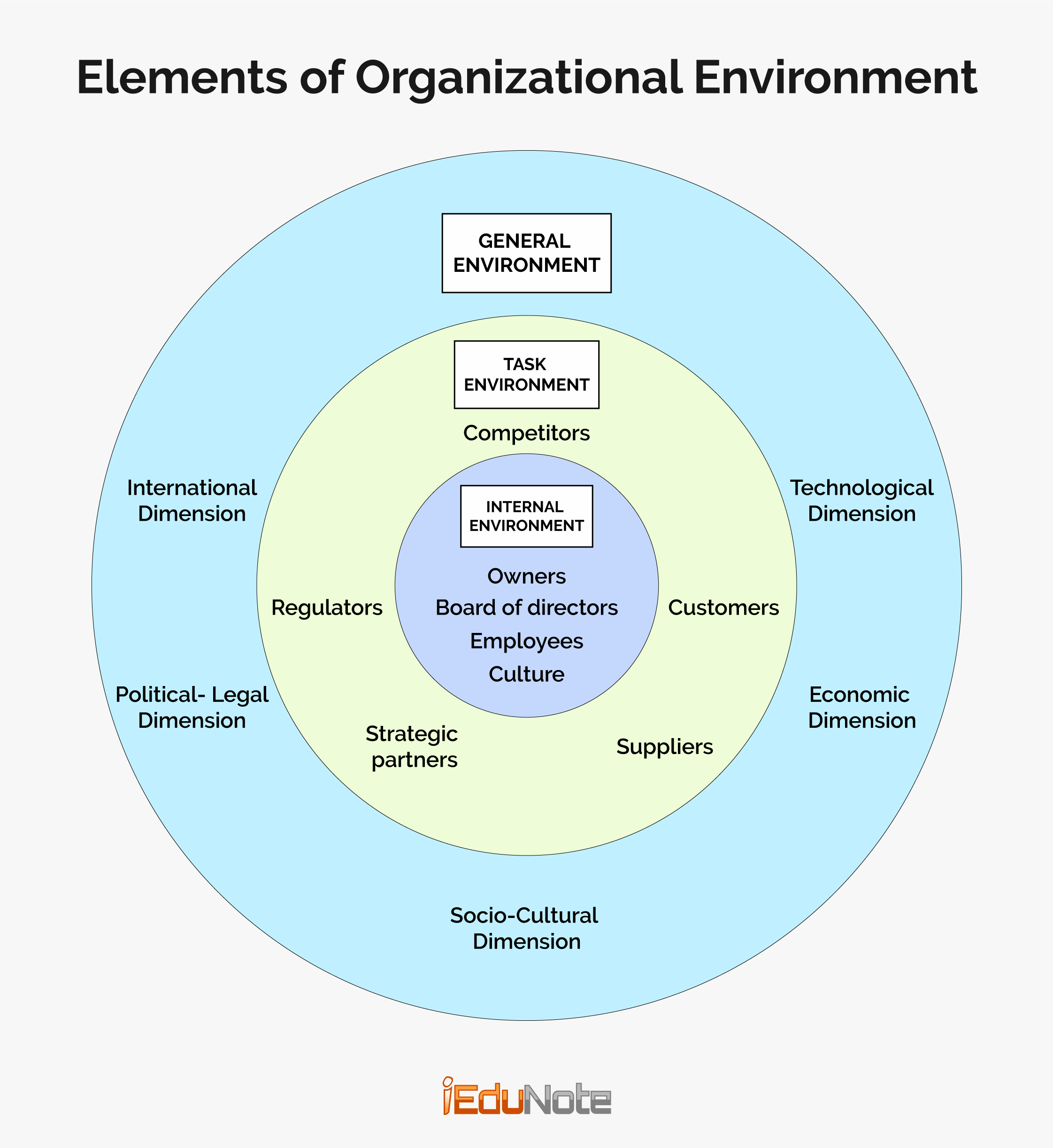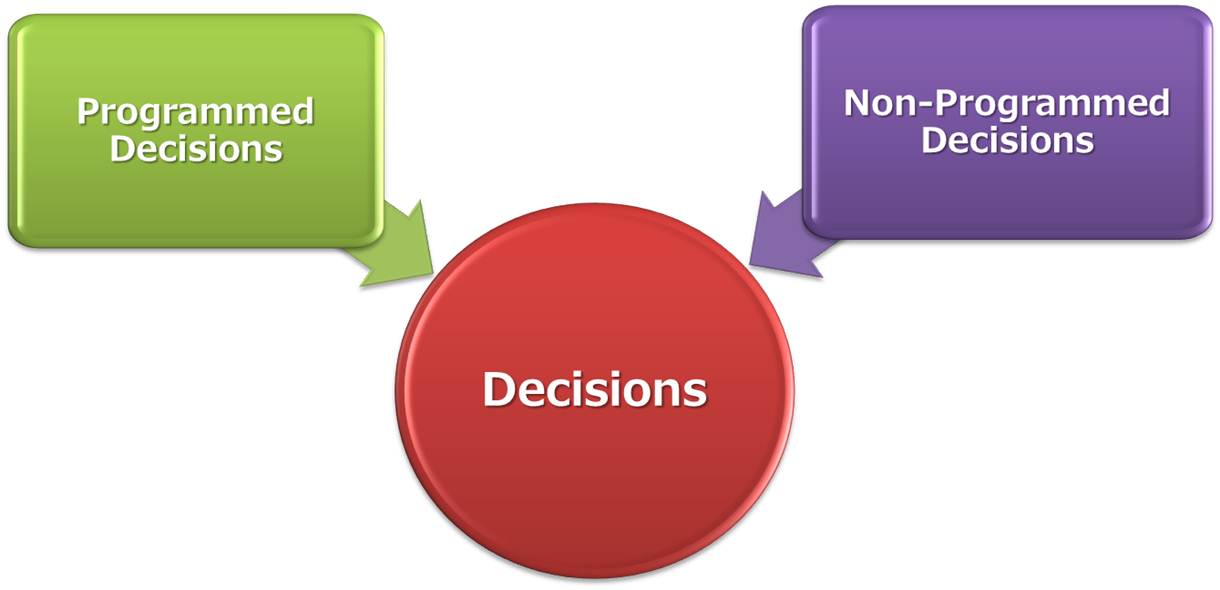Managers are responsible for controlling the organization, and a manager must improve the effectiveness of the organization’s control system, as can do a great deal to improve the effectiveness of their control systems.
Controlling is the last step of management, where how the implemented plan is working is assessed, and evasive actions are taken.
To design an effective control system without error for the organization, these 9 principles must be followed. They are more than just principles.
These are guidelines for managers to design a control system that works.
9 Principles of an Effective Control System
Matching controls to plans and position
Control techniques should reflect the plans they are designed to follow. Managers need the information that will tell them how the plans for which they are responsible are progressing.
Controls should also be tailored to positions, i.e., they may differ between positions.
Some control techniques, such as those involving standard hours and costs, budgets, and various financial ratios, have general applications in various situations.
However, none of these techniques are completely applicable in any given situation. Managers should, therefore, be aware of the critical factors in their plans requiring control, and they must use techniques and information suited to them.
Controls should also reflect the place in the organization wherein responsibility for action lies, thereby enabling managers to correct deviations from plans.
Ensuring flexibility to control
Flexibility is another essential characteristic of an effective control system. This means that the control system itself must be flexible enough to accommodate the change.
In other words, the controls should remain workable in the face of changed plans, unforeseen circumstances, or outright failures.
The illustration may be of an organization whose diverse product lines require 101 different raw materials. The company’s inventory control system must be able to manage and monitor the current levels of inventory for all 101 materials.
When a change in the product line changes the number of raw materials needed or when the required quantities of any of the existing materials change, the control system should be able to accommodate the revised requirements.
Yet the seniors and probably other students with certain problems may simply have to take the course, and they will be accommodated in its flexible computerized admission registration system.
Ensuring accuracy
Control systems must also be accurate managerial decisions based on inaccurate information that may prove costly and harmful.
If for example, sales estimates are artificially high, a manager might either cut advertising on the assumption that it is no longer needed or increase advertising to enhance the sale.
In either case, the action may not be appropriate.
Similarly, a manager, unaware of the hidden production cost, may quote a sales price much lower than is desirable. The accuracy of control systems goes a long way in preventing such damaging upshots.
Seeking objectivity of controls
As far as possible, the information provided by the control system should be objective.
If on the other hand, controls are subjective, a manager’s or an executive’s personality may influence judgments of performance and make them less accurate.
Thus, the control system should ideally provide objective information to the manager for evaluation and action.
Achieving the economy of controls
A limiting factor of control: systems are their cost.
So to be effective, controls must be worth their cost.
Although it sounds simple, it is very difficult to accomplish. If tailored to the job and the size of the enterprise, control will probably be economical.
To be precise, control techniques and approaches can be called efficient when they bring to light actual or potential deviations from plans with the minimum of cost.
Tailoring control to individual managers
Control systems and information are, of course, intended to help individual managers carry out their function of control.
If they are not of a type that a manager can or will understand, they will not be useful.
What managers cannot understand, they will not be useful; what managers cannot understand, they will not trust; and what they do not trust, they will not use.
Pointing up exceptions
One of the best ways to make control effective is to ensure that it is designed to point exceptions.
Controls that concentrate on exceptions from planned performance allow managers to benefit from the time-honored exception principle and detect those areas that require their attention.
Fitting the system of control to the organizational culture
An effective control system must fit in with the organizational culture.
For example;
if employees have been managed without allowing them any participation in decision-making, the sudden introduction of a permissive control system will hardly succeed.
On the other hand, in an organization where people have been allowed participation and freedom, the tight control system may fail to produce positive results.
Ensuring corrective action through the control
An effective control system will disclose where failures are occurring and who is/are responsible for the failures and it will ensure that some corrective action is taken.
Control is justified only if an appropriate authority corrects deviations from plans.
Taking the proper corrective action necessitates sufficient authority to accomplish this task.
Conclusion
An effective control system is important for an organization to run properly and achieve its goals. Any good control system will pass these 9 principles.
If any part of it is ignored; then controlling the organization’s resources will be very difficult for managers.

